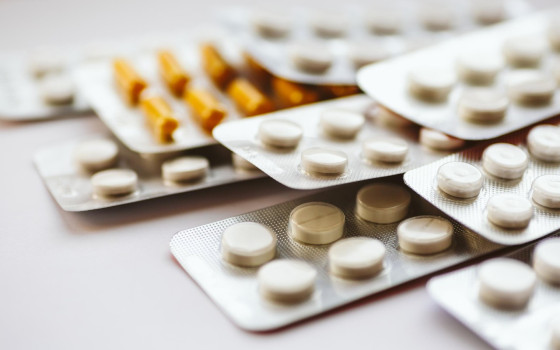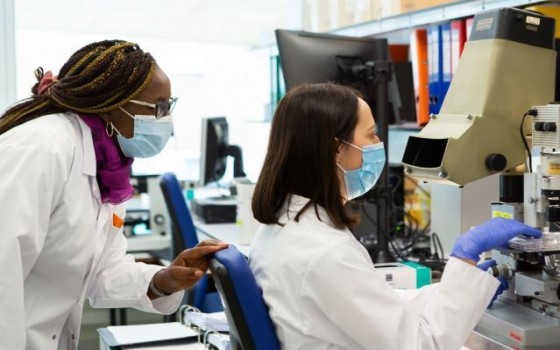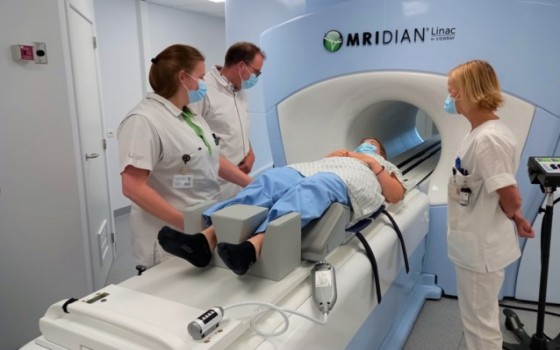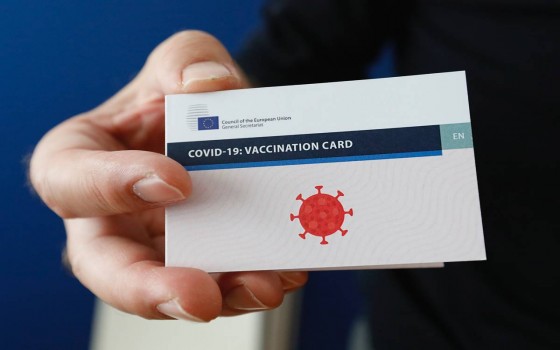
Experimental Drug Shows Promise for Dual Treatment of Diabetes and Heart Disease

- Europe and Arabs
- Sunday , 9 November 2025 9:0 AM GMT
Leiden – Brussels: Europe and the Arabs
A study published in the journal Science Advances has shown that an experimental drug called IC7Fc may be successful in lowering cholesterol and inflammation and reducing the progression of atherosclerosis, making it a potential candidate for a combined treatment for type 2 diabetes and heart disease. According to the Brussels-based news network Euronews, researchers from Monash University in Australia and Leiden University Medical Center in the Netherlands revealed in a new study published in Science Advances the results of an experimental drug that could pave the way for a single treatment approach targeting both type 2 diabetes and heart disease simultaneously by reducing cholesterol and inflammation and improving metabolism.
A Growing Global Burden
The number of people with type 2 diabetes is rising rapidly worldwide, with projections indicating it will reach 1.31 billion by 2050.
Meanwhile, cardiovascular disease remains the leading cause of death globally, and the two conditions often co-occur in the same patient, making any treatment capable of targeting them both a significant step forward in medical research.
How Does IC7Fc Work?
The new drug mimics a specific aspect of the action of the natural cytokine IL-6, which plays a dual role: it helps regulate metabolism on the one hand, and contributes to inflammation on the other. IC7Fc is designed to activate only the beneficial pathway associated with improved metabolism and cell survival, while avoiding the pathway that leads to inflammation, thus preserving the natural benefits of IL-6 without its harmful effects.
Scientists tested the drug on genetically modified mice that exhibit metabolic behavior similar to humans and are prone to the accumulation of fatty deposits in arteries. For seven weeks, the mice received a high-cholesterol diet, along with treatment with IC7Fc, a statin, a combination of both, or a placebo.
The drug demonstrated a significant reduction in blood lipid levels compared to the statin alone. It also led to a marked decrease in the size of atherosclerotic plaques, making them approximately 84 percent smaller, more stable, and less prone to rupture. Inflammation markers in blood vessel walls also decreased, and insulin levels dropped in the treated mice, suggesting an additional metabolic benefit.
Direct Effect on Cholesterol
The researchers' analysis showed that IC7Fc altered the way the liver processes fats, reducing the production of new fats and decreasing the secretion of very low-density lipoproteins (VLDL), while increasing the production of bile acids, which use cholesterol in their synthesis. The drug did not prevent cholesterol absorption from the diet, but it prompted the liver to burn more of it or recycle it by converting it into bile acids.
Research Limitations and Prospects
The research team emphasizes that the results, while promising, are still within the scope of animal studies, and human clinical trials are necessary to confirm the drug's efficacy and safety. Furthermore, the relatively short treatment period does not reveal potential long-term effects on liver health or the immune system. The current study combines previous findings showing that the drug reduces appetite and fat mass in obese mice with new results demonstrating its effectiveness in lean mice with high cholesterol, opening the door to multiple applications. Promising future prospects
Professor Mark Febraio said the drug could offer a double benefit by helping to reduce obesity in some and protecting the heart in others, considering the results an encouraging step towards a treatment that simultaneously targets metabolic and cardiovascular disease.












No Comments Found